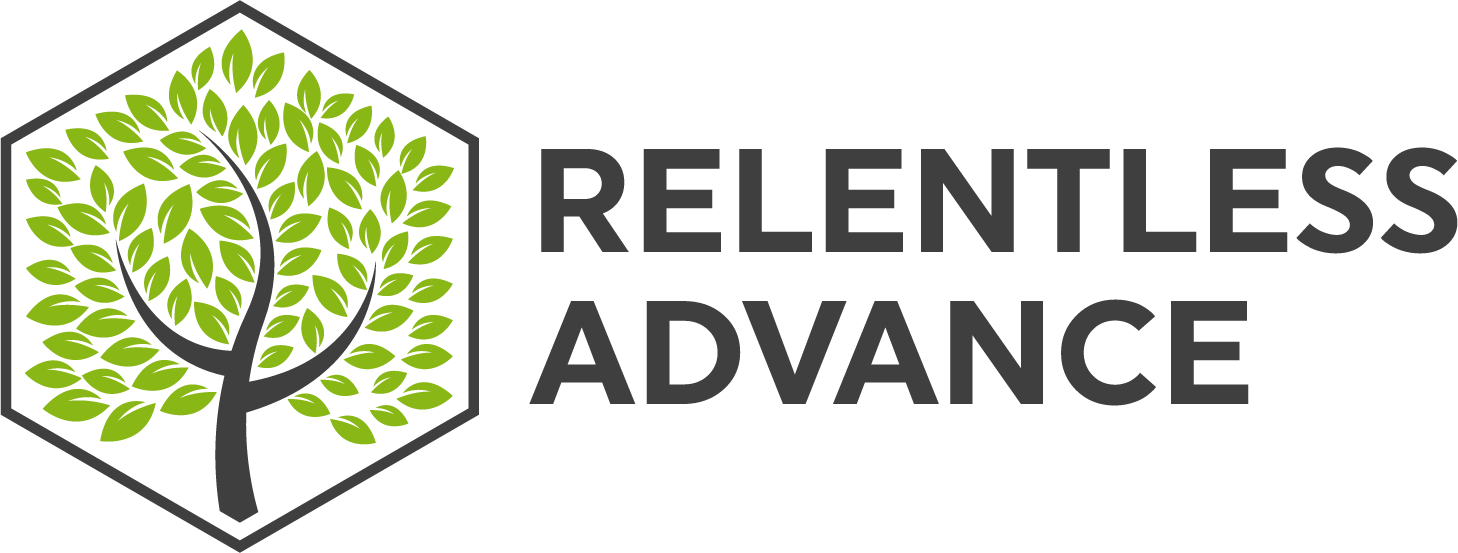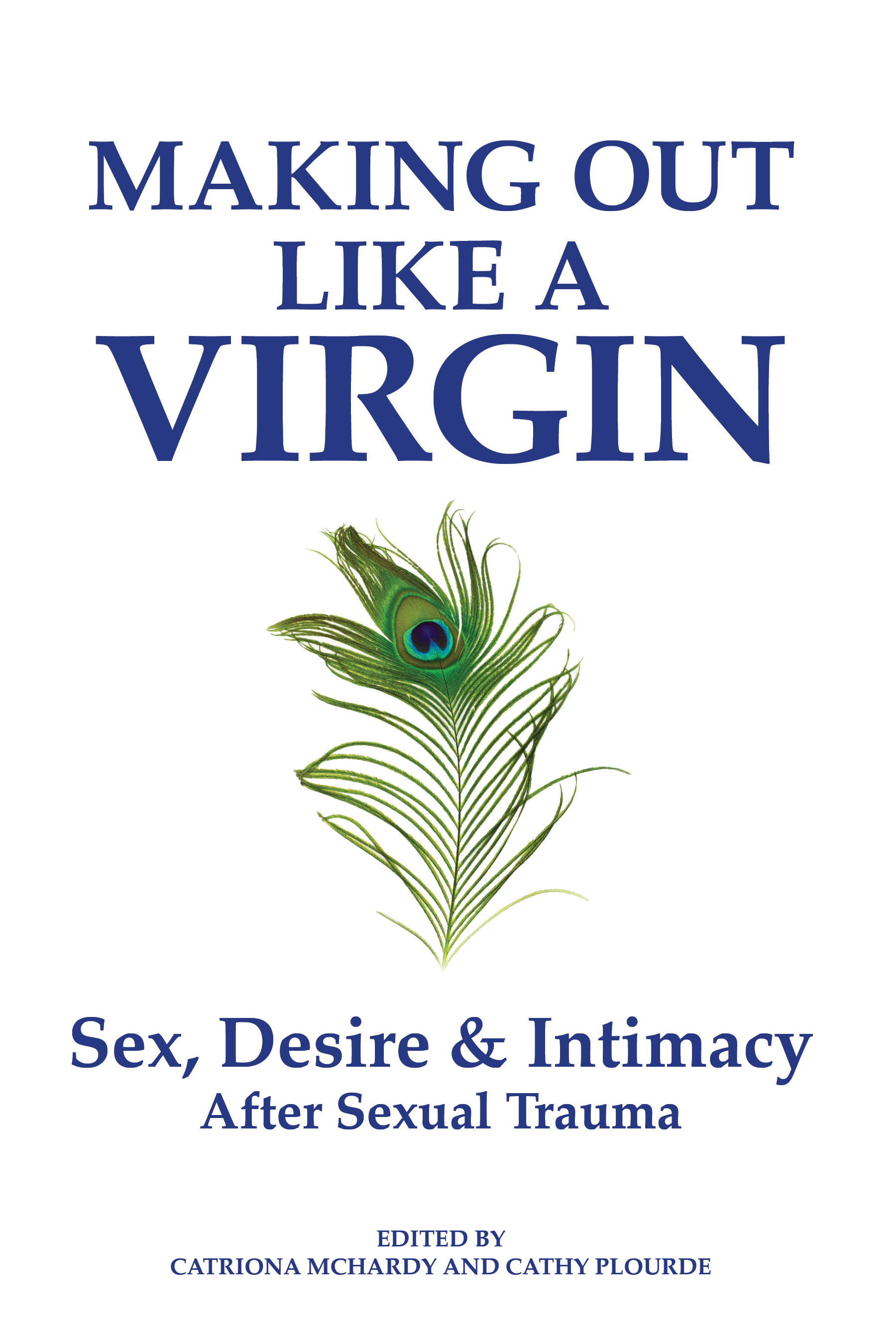Darth V.A.T.E.R.
Many years ago, when my father was still a juvenile justice social worker, I presented him with a poem I had written about his role as my advocate and an advocate for other children and families with disabilities. The idea of using Star Wars characters as metaphors in my poem I think got lost in translation.
Recently, the question of how his role as the advocate and caretaker (taking me to appointments) has affected our relationship arose. While I cannot control how I am perceived by others or how they feel, I would be hard pressed to understand the notion that I do not like, love, and find my father to be an amazing man who I will never be able to repay or thank enough. My parents are my biggest supports because I do not have time to interact with people that waste their time because they were never given a limited time to live.
Medical records reveal that I had pulled away from my parents when I was younger as both of them had taken me to appointments and surgeries. My father decided to be the bearer of difficult tasks and take me to appointments. Driving from Racine to Milwaukee, Appleton to Milwaukee, and Green Bay to Milwaukee. All of my surgeries and appointments were early in the morning, to have less of an impact on my academic progress.
My parents did not allow medical professionals to dictate how I lived otherwise, I would have been another boy in a bubble not allowed to scribble on sidewalks or dabble at life but to hobble, wobble, and grovel in a learned helplessness.
I will never understand how parents plaster their children with disabilities all over the internet as a means of advocacy or networking. My parents always decided to keep me out of that world. Off the talk shows and away from the White House. Never wanting me to be a commodity in the marketplace of disability porn. If you’re not familiar, being an example of someone achieving despite challenges, to uplift people with less challenges. The old adage of “What’s your excuse?”
My father gave me his attention to detail, his researching mentality, and his tight-wad view of spending money. My dad started me in photography and writing and let me assist him in renovations around the house. Happy Father’s Day!

